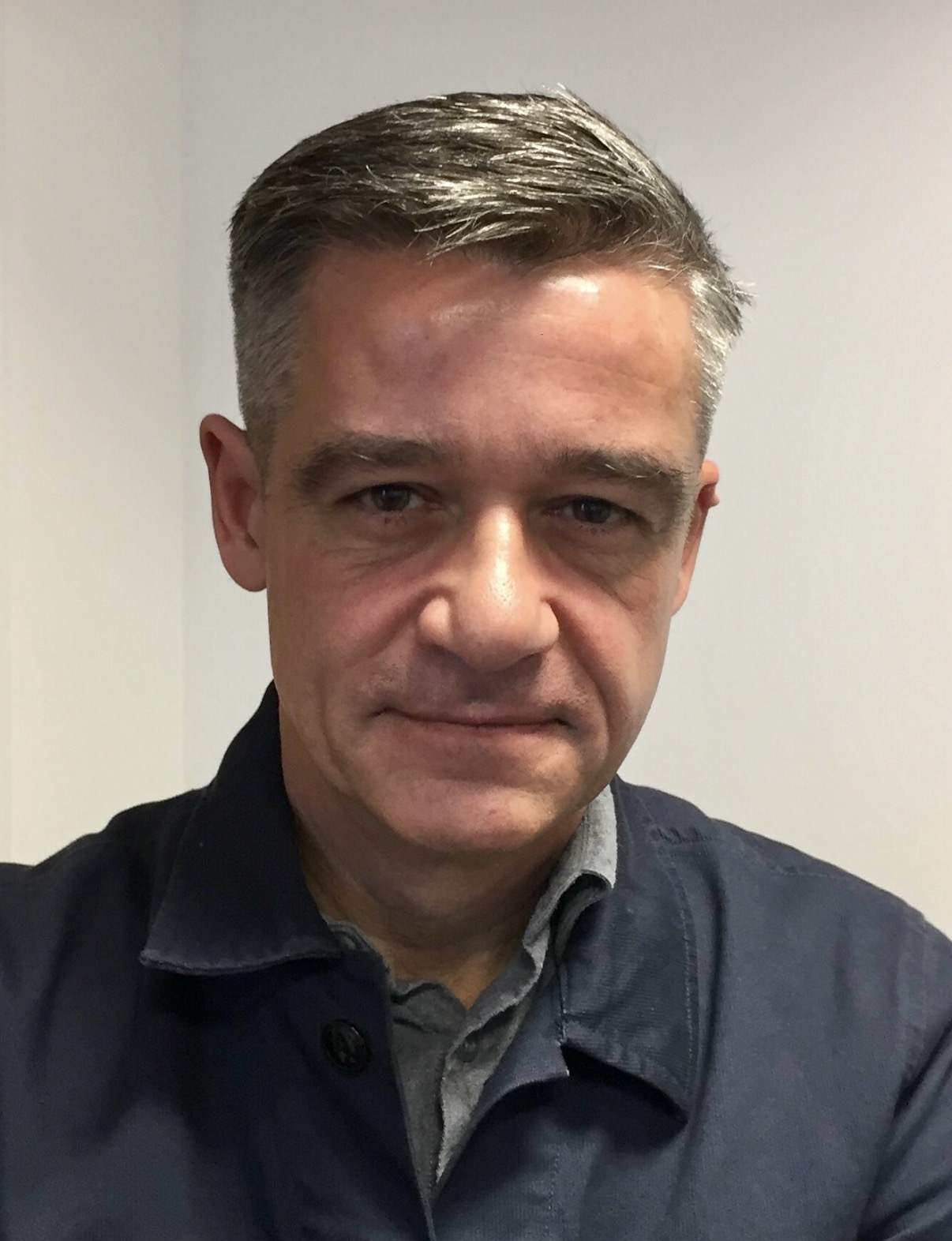Professor Charlie Beckett is the founding director of Polis, the think-tank for research and debate around international journalism and society in the Department of Media and Communications at LSE.
Charlie is leading the Polis JournalismAI project and was Lead Commissioner for the LSE Truth, Trust & Technology Commission (T3). As well as being spokesperson for Polis, Media Policy Project and T3, and a regular blogger, Charlie Beckett is a regular commentator on journalism and politics for the UK and International media.

Charlie, did you always intend to go into academia? If not, what made you pursue a career in this field?
I never intended to go into academia. The LSE would never have accepted me as a student, so I still find it surprising that I've been here for 15 years. I left my previous job as a journalist for Channel 4 News because I was inspired by the late Professor Roger Silverstone and his vision of the role that a journalism think-tank could play at a global university like LSE, connecting the news media with academic research and teaching.
What made you interested in media and communications and specifically the area you research?
I fell in love with journalism as a local reporter in south London and over a couple of decades came to understand both the flaws and potential of news media to shape our lives. Coming to the Department of Media and Communications helped me to put my work and my profession in a wider context. It was the theoretical work of people like Prof Lilie Chouliaraki that helped me understand journalism in a more structural and ethical way. Being in a community of international scholars has given me insights from other approaches such as network or audience studies, social research, philosophy and political economy that have helped me think more imaginatively about journalism. I love being able to write books, do research, teach and connect with news practitioners around the world. I think I've done more for journalism in my work here than I could have done in a newsroom. LSE made that possible.
What advice would you give students who are thinking of pursuing a PhD and a career in academia?
I never did a PhD because I am a Professor in Practice. My career was my doctorate. But I would suggest that you find a topic you find deeply interesting and problematic. You are going to live the subject for years, so make sure it's something you genuinely care about and not just the thing that might get you a job!
What was the main issue of the day in terms of media and communications when you were a student? How has it developed?
My area of journalism studies has widened out from being quite a narrow field looking at the practice of one industry, to a much broader investigation of the role of news media in the world of information and politics. As media has become more ubiquitous and diverse, journalism researchers have had to broaden their references to look at the wider context. News media is a sector going through dramatic structural changes in itself and in its relationship with the world, and so understanding those changes and thinking about the future has become much more important.
What do you think is the most important contemporary issue in the field of media and communications, both for soon- to-be graduate students and for professionals in the field?
From a personal point of view as someone still closely connected to the practice of journalism, I would argue that the survival and evolution of the news media is the central dynamic. 'Future of news' is not a speculative field. It is the dominant question for understanding the value, purpose and identity of journalism as a contemporary practice. But you can't understand that without paying close attention to the other developments in the field such as globalisation, the role of technology and data and major trends such as political populism, climate change and personal relations.
What do you enjoy most about teaching students and why?
My students are incredibly diverse, from different backgrounds and places. They bring a variety of perspectives that constantly challenges a white, middle-aged, western male ex-journalist like me.
What do you like doing when you’re not busy being an academic?
I have two adorable adult sons who share my passion for West Ham United amongst many other things. I love to travel for work and pleasure. Most recent wonderful places? Providencia Island, Colombia and the monastery hotel on Ischia, Italy. Or simply hang-out with the hipsters in my home in London Fields, East London.